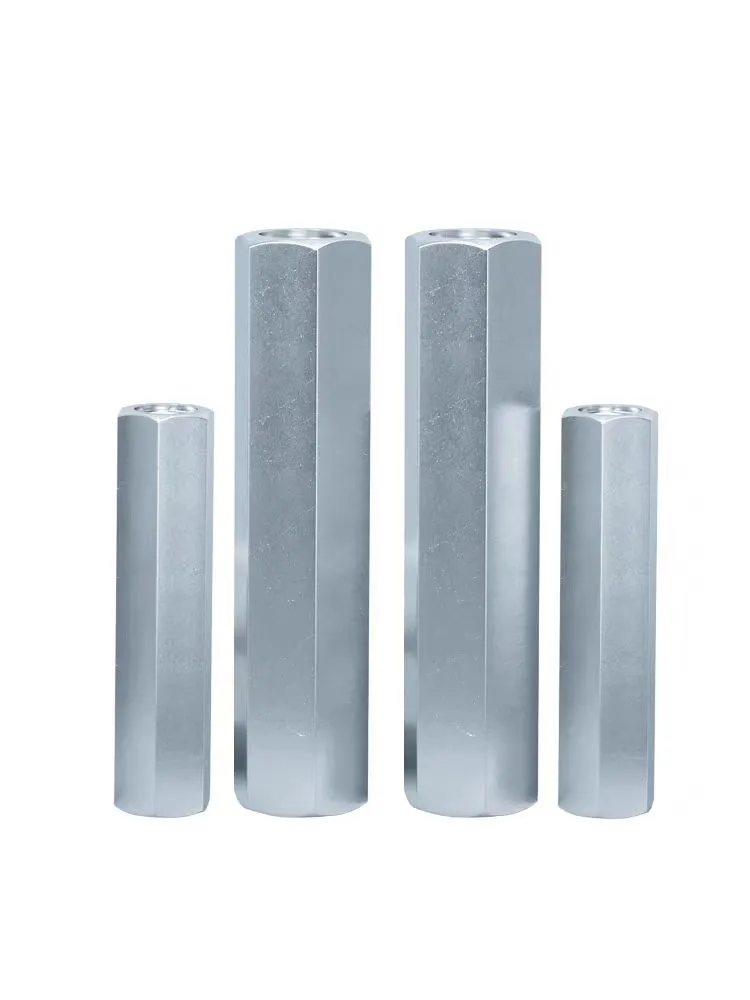

m20 spring washer
Dic . 22, 2024 07:50 Back to list
m20 spring washer
Understanding the M20 Spring Washer A Key Component in Mechanical Fastening
In the realm of mechanical engineering and assembly, the importance of reliable fastening components cannot be overstated. One such critical component is the M20 spring washer, which plays a substantial role in ensuring the integrity of connections in various applications. In this article, we will delve into the characteristics, functions, and applications of the M20 spring washer, shedding light on why it’s essential in modern engineering.
What is an M20 Spring Washer?
The M in M20 refers to the metric system size, with M20 indicating a nominal diameter of 20 millimeters. Spring washers, also known as lock washers, are designed to provide a level of tension that helps maintain a secure connection between two or more parts when subjected to dynamic loads or vibrations. The M20 spring washer typically resembles a circular disc that has been cut and bent into a spiral shape, providing it with elasticity. This unique design allows it to exert a constant force against a bolted joint, thereby enhancing the locking mechanism of the joint to prevent loosening over time.
Importance of M20 Spring Washers in Mechanical Fastening
1. Vibration Resistance One of the most noteworthy benefits of using an M20 spring washer is its ability to resist loosening caused by vibrations. In many industrial applications, machines and structures experience regular vibrations that can eventually lead to the loosening of bolts and nuts. The elasticity of the spring washer provides a counteractive force, thus maintaining tightness in these connections.
2. Load Distribution Spring washers help distribute the load uniformly across the surface of the connected parts. This distribution mitigates the risks of point loading, which can lead to material failure. By using an M20 spring washer, engineers ensure that stress is evenly distributed, enhancing the longevity and reliability of the assembly.
m20 spring washer

3. Tolerance to Thermal Expansion In applications where temperature fluctuations are common, the materials can expand or contract, potentially altering the tightness of a join. The spring washer’s design accommodates such movements, allowing the joint to maintain its integrity despite changes in temperature.
4. Corrosion Resistance M20 spring washers are often made from steel, but they can be coated or made from stainless steel to enhance their corrosion resistance. This makes them suitable for outdoor applications or environments where moisture exposure is significant, ensuring that the washer remains effective over time.
Applications of M20 Spring Washers
The versatility of M20 spring washers leads to their use in a wide range of industries. They are commonly found in
- Automotive Industry Used in engine assemblies, suspension systems, and other critical areas where vibration is prevalent. - Manufacturing Employed in machinery and equipment that undergoes regular operation, ensuring all components remain securely fastened. - Construction Vital in structural applications, securing beams, and frameworks where stability is crucial. - Aerospace Essential for ensuring that fasteners in aircraft structures are reliable, considering the high stakes involved with aviation safety.
Conclusion
In summary, the M20 spring washer is more than just a simple component; it is a critical player in the functionality and safety of numerous mechanical systems. Its unique design allows it to prevent loosening, distribute loads, accommodate thermal expansions, and resist corrosion in various applications. Engineers and designers must consider the benefits of using spring washers when creating reliable fastening solutions and addressing challenges posed by vibrations and dynamic loads. Understanding the significance of such components can lead to better design practices and enhanced safety in engineering projects across the board. Thus, embracing the M20 spring washer is not just a matter of choice; it’s an essential strategy for success in any mechanical assembly.
Latest news
-
Secure Threaded Fasteners: Steel, Titanium, Wall, Wood Solutions
NewsAug.21,2025
-
Durable Brass Fasteners: Quality Solutions for Every Project
NewsAug.19,2025
-
High-Strength Hot Dip Galvanized Bolts - Hebei Longze Metal Products Manufacturing Co., Ltd.|Corrosion Resistance, Customizable Sizes
NewsAug.18,2025
-
Hot Dip Galvanized Bolts - LongZe | Corrosion Resistance, High Strength
NewsAug.18,2025
-
Hot Dip Galvanized Bolts-Hebei Longze|High Strength&Corrosion Resistance
NewsAug.18,2025
-
High-Strength Hot Dip Galvanized Bolts - Hebei Longze | Corrosion Resistance, High-Strength
NewsAug.18,2025

